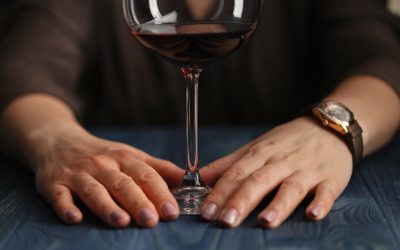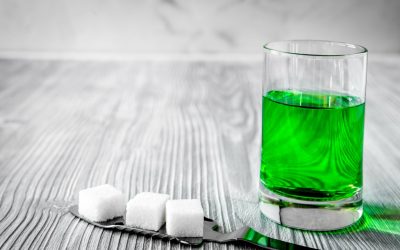“But much more often I see slightly imbalanced electrolytes on blood tests from people who drink too much plain water,” she says. Even though beer contains 93% of water yet it can be a major source of dehydration. The Centers for Substance abuse Disease Control and Prevention (CDC) suggests up to one drink per day for women and up to two for men.
Maple water
“For some folks with medical conditions such as diabetes, they urinate a lot already based on blood sugar level,” Mieses Malchuk says. “Therefore drinking a sugary alcoholic beverage can make it worse and cause dehydration.” Both coffee and tea have hydrating properties, which do contribute to daily fluid intake, challenging the notion that these beverages are dehydrating when consumed in moderation.
What Are the Short-Term Effects of Alcohol?
- While most drinks and high-liquid foods will provide water for the body to use and stay hydrated, some drinks may act as diuretics having the opposite effect.
- Additionally, Braunstein suggests sipping through a straw to consume more with minimal effort.
- For many of us, it was the recommendation to “drink a glass of water for every drink” because alcohol supposedly dehydrates you.
The process of emptying the stomach becomes slow, and you might find yourself throwing up. The best way to consume a beer is to drink it with a glass of water. Water will help your body function most efficiently and reduce the chances of getting dehydrated. The amount of water present in beer is not good enough to keep you hydrated. Moreover, chronic dehydration can contribute to other complications such as headaches, fatigue, and impaired cognitive function.
Loss of Coordination
Yes, certain medications can cause dehydration as a side effect. Diuretics, for example, are medications that increase urine production and can lead to a loss of fluids. Other medications, such as laxatives, can also cause dehydration by increasing stool production and leading to a loss of water and electrolytes.
How Long Does Alcohol Stay in Your System?
However, the effects of certain types of alcohol may differ, as drinking 2 servings of beer did not have a significant effect (11, 12). “It’s important to replenish fluids after drinking, or better yet, while drinking,” Sternlicht says. When a person has very high blood sugar, their body may borrow water from other areas to balance out the volume in the cells. Higher blood sugar may also cause the body to urinate more to get rid of this excess sugar, which can influence dehydration.
Tips to Prevent Alcohol Dehydration
Remember to listen to your body, prep with hydration minerals (aka electrolytes), and never drink on an empty stomach. Do you regularly get dehydrated from alcohol, sports, and high altitude? Consider how you’d like to feel later in the evening, or the next morning, and choose ahead of time how much alcohol you should consume.
Make Sure You’re Hydrated Before You Start Drinking
Diuretics are compounds that promote diuresis, the excessive passing of urine, which stimulates the kidneys to produce more urine than usual. This makes you lose precious water and electrolytes (essential minerals) much faster. Dehydration makes your body lose more fluid than it takes in, upsetting the delicate balance of water and electrolytes.
How to Hydrate Fast if You’re Super Dehydrated, Experts Explain
- Be sure to follow your doctor’s instructions for any lab blood or urine testing and electrolyte supplements (like potassium) while taking this medicine.
- This is likely due to their capacity to alter gut bacteria in the microbiome.
- However, alcohol suppresses vasopressin, leading to increased urine production and potentially causing dehydration.
If your mouth is feeling dry and is leading to a soreness in your jaw, you’re probably dehydrated. Individual hydration needs may vary depending on factors such as https://mycarlift.net/7-surprising-benefits-of-sobriety-you-need-to-know body size, the alcohol content of the drink, and environmental conditions. It’s essential to listen to your body and drink water accordingly, especially if you start to experience signs of dehydration.
It helps to counteract the diuretic effect of alcohol, keeping you more hydrated and potentially how can alcohol, a liquid, dehydrate the body? reducing the severity of a hangover. It also helps your body process the alcohol more efficiently. Make sure you’re drinking plenty of water before, during, and after drinking alcohol.




Deixar um comentário